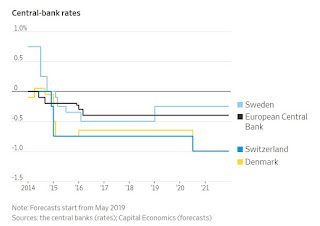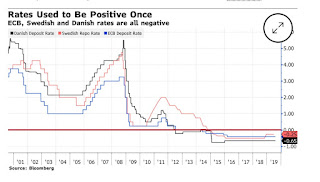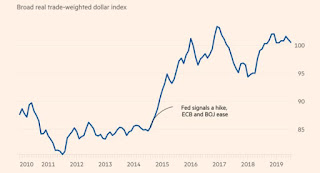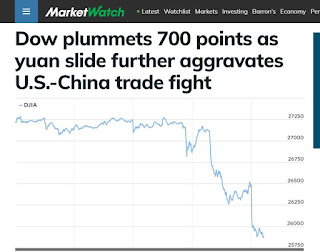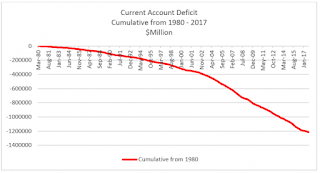Instead, the Great Recession featured banks running on banks. In 2008, financial panic here at home took down, in succession, Countrywide Financial, Bear Stearns, Fannie Mae, Freddie Mac, Merrill Lynch, Lehman Brothers, AIG, and Washington Mutual. Laurence Kotlikoff via John Mauldin 9 August 2019 From preface of Laurence J. Kotlikoff, Jimmy Stewart is dead. As soon as people start to think a bank is going bust, it’s doomed. So it needs enough equity to absorb severe losses and continue operating. Bloomberg Editorial 16 April 2018 The alchemy is “the belief that money kept in banks can be taken out whenever depositors ask for it” Lord Mervyn King, former governor of the Bank of England. His book is called The End of Alchemy.
